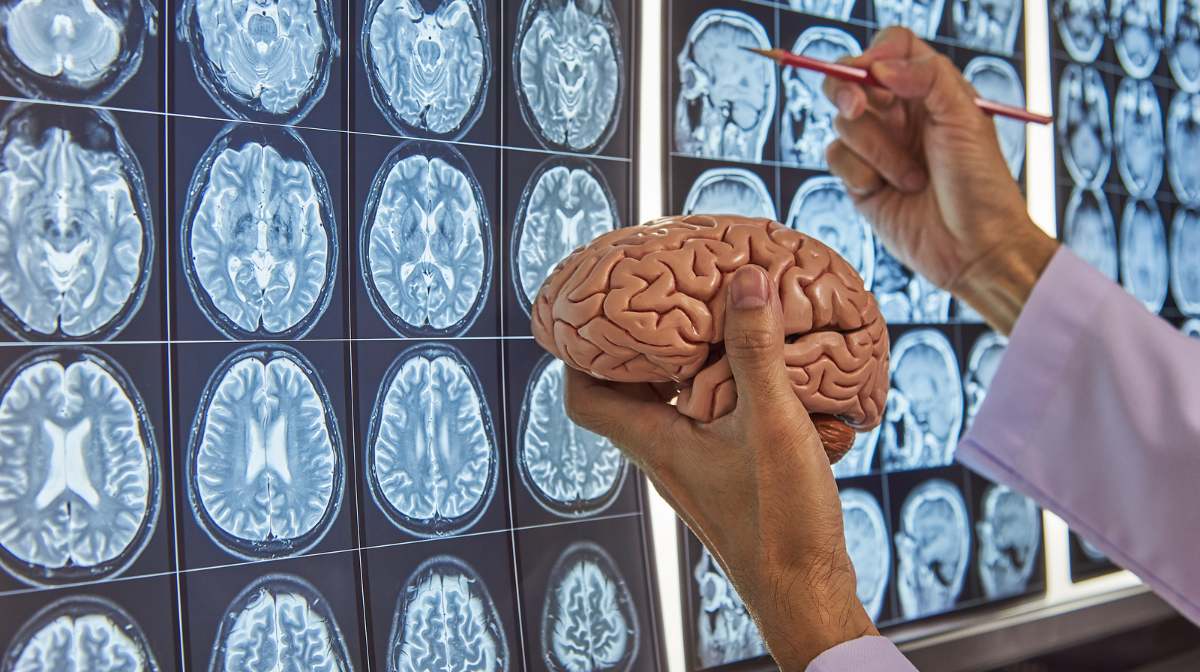
An evolving view of conscience
How will Patricia Churchland’s views affect the debate about conscientious objection?
Conscientious objection must be one of the hottest topics in bioethics at the moment. In the US, the Trump Administration is trying to permit it; in Canada, the Ontario government is trying to snuff It out. It would be helpful if we could agree on what conscience is — then we could agree on whether or not it deserves to be protected.
Patricia Churchland, a popular American philosopher who has more or less invented the field of neurophilosophy, has just published a book which may have some influence on the debate, Conscience: The Origins of Moral Intuition. As in her other books on morality, she contends that conscience is not a revelation from on high, but from within the brain; it is the product of evolution. As one of her reviewers puts it:
Moral philosophers, zealots and ideologues have been arguing for their versions of ‘good’ and ‘bad’ for millennia; now it’s time for Patricia S. Churchland to remind us that morality doesn’t come from a stone tablet or a logical axiom, but is rather one of Nature’s inventions enabling our greatest superpower: sociality. It’s messy, useful, and very human―like thumbs.”
The first journal to review the book was Nature. Its reviewer summed up the argument of the book:
That we have a conscience at all relates to how evolution has shaped our neurobiology for social living. Thus, we judge what is right or wrong using feelings that urge us in a general direction and judgement that shapes these urges into actions. Such judgement typically reflects “some standard of a group to which the individual feels attached”. This idea of conscience as a neurobiological capacity for internalizing social norms contrasts with strictly philosophical accounts of how and why we tell right from wrong.
If the world’s leading science journal effectively endorses a materialist view of conscience (and mind and free will), it could be bad news for supporters of conscientious objection. The objectors will be defending something which Churchland derides as completely subjective, a fantasy, a superseded and false notion drawn from folk psychology.
Michael Cook is editor of BioEdge
Creative commons
https://www.bioedge.org/images/2008images/FB-A-Neurosurgeon-Holding-Human-B-261669007_(1).jpg
conscience
conscientious objection
neurophilosophy
- How long can you put off seeing the doctor because of lockdowns? - December 3, 2021
- House of Lords debates assisted suicide—again - October 28, 2021
- Spanish government tries to restrict conscientious objection - October 28, 2021
